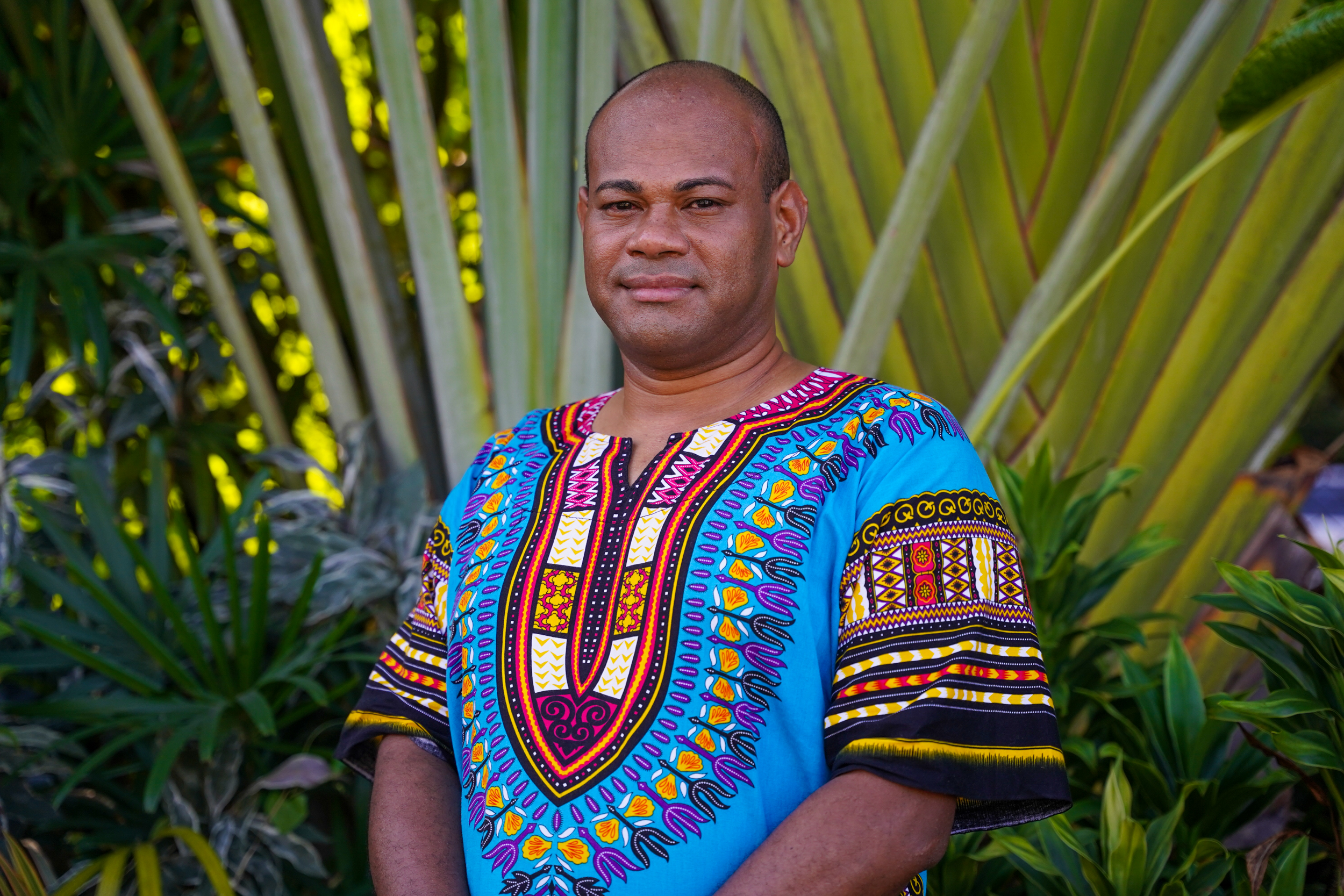
News
LGBTQI + People with Disabilities Should Not Be Left Behind
Disability Justice Project Fellow Isoa Nabainivalu from Fiji is Creating a Safe Space For Members of His Organization to Feel Comfortable About Their Sexual Orientation and Identity
June 30, 2023
APIA, Samoa – Isoa Nabainivalu is a Deaf disability rights advocate for his country of Fiji. Since 2019, he has been focusing on advocating for the rights of one of the more marginalized groups in the Pacific – LGBTQI+ persons with disabilities.
Question: Can you introduce yourself and your role in the Disability Pride Hub?
Answer: Bula to everyone watching. I’m Isoa, and I’m from Fiji. I work at the Disability Pride Hub as an assistant project officer. I started back in 2019 as a member of DPH. This started off with Krishna [Sen] being the founding person for this hub, so he invited me to come to meetings and gatherings, and from then on we were able to just work together, provide the support to each other and coming out with our orientations.
Question: In your own opinion, how vulnerable are persons with disabilities who are also LGBTQI+ in Fiji to violence and abuse? Is it a concern to you?
Answer: This is very concerning for persons with disabilities because there has been discrimination. And also some family members are not yet aware or even the members themselves are afraid to come out to their family because of discrimination, because of the taboo in the family and in the community. So it is taking long, and in this process, members are suffering.
Question: What would be the priority for yourself as an advocate in supporting the rights of members of the LGBTQI+ community in Fiji?
Answer: First and foremost for us is for our members to come out, to feel comfortable, to know their rights and know how to use them in different spaces, especially with government agencies in areas of employment, education, even in society itself, in the communities that they belong to. Just setting the right foot there in the community and other areas of their lives.
Question: Are you worried that when they do come out that they will face discrimination or do you feel that you have a good support network to support them when they do come out?
Answer: We are there. We are growing in numbers. And also we’ve been able to network with other organizations.
Question: So what would be your vision for the community in regards to persons with disabilities who are members of the LGBTQI + community?
Answer: My vision would be that nobody is left behind. So that mantra goes with us as well, that we work together as a community.
Faaolo Utumapu-Utailesolo is a program officer for the Pacific Island Countries for the Disability Rights Fund. She works closely with the program team and serves as a liaison between the funds and grantees in the Pacific Island Countries. @2023. All rights reserved.
News From the Global Frontlines of Disability Justice
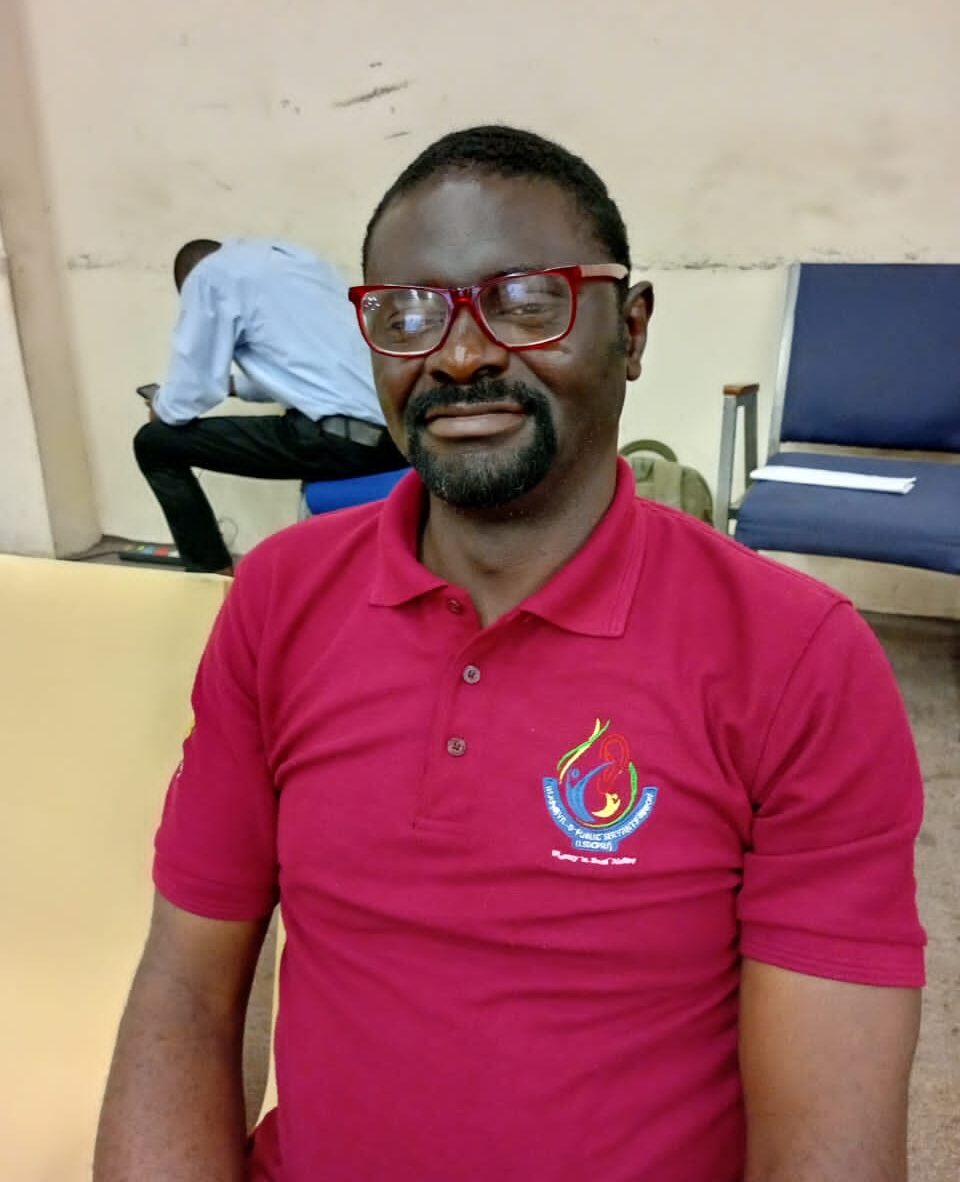
From Isolation to Advocacy
Nigeria’s DeafBlind community has long lacked recognition, but the launch of the Deaf-Blind Inclusive and Advocacy Network marks a turning point. Led by activist Solomon Okelola, the group seeks to address communication barriers and a lack of support. Among those affected is John Shodiya, who once thrived in the Deaf community but struggled with belonging after losing his sight.
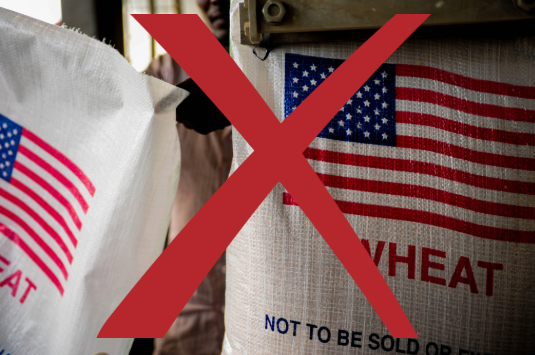
Disability Aid Disrupted
The Trump administration’s 90-day pause on USAID funding has had far-reaching consequences, particularly for disabled people and organizations worldwide, including members of the Disability Justice Project (DJP) community. Activists from Nigeria, the Democratic Republic of Congo, and Rwanda report severe disruptions, deepening challenges for marginalized communities, especially disabled people facing conflict, poverty, and structural discrimination.
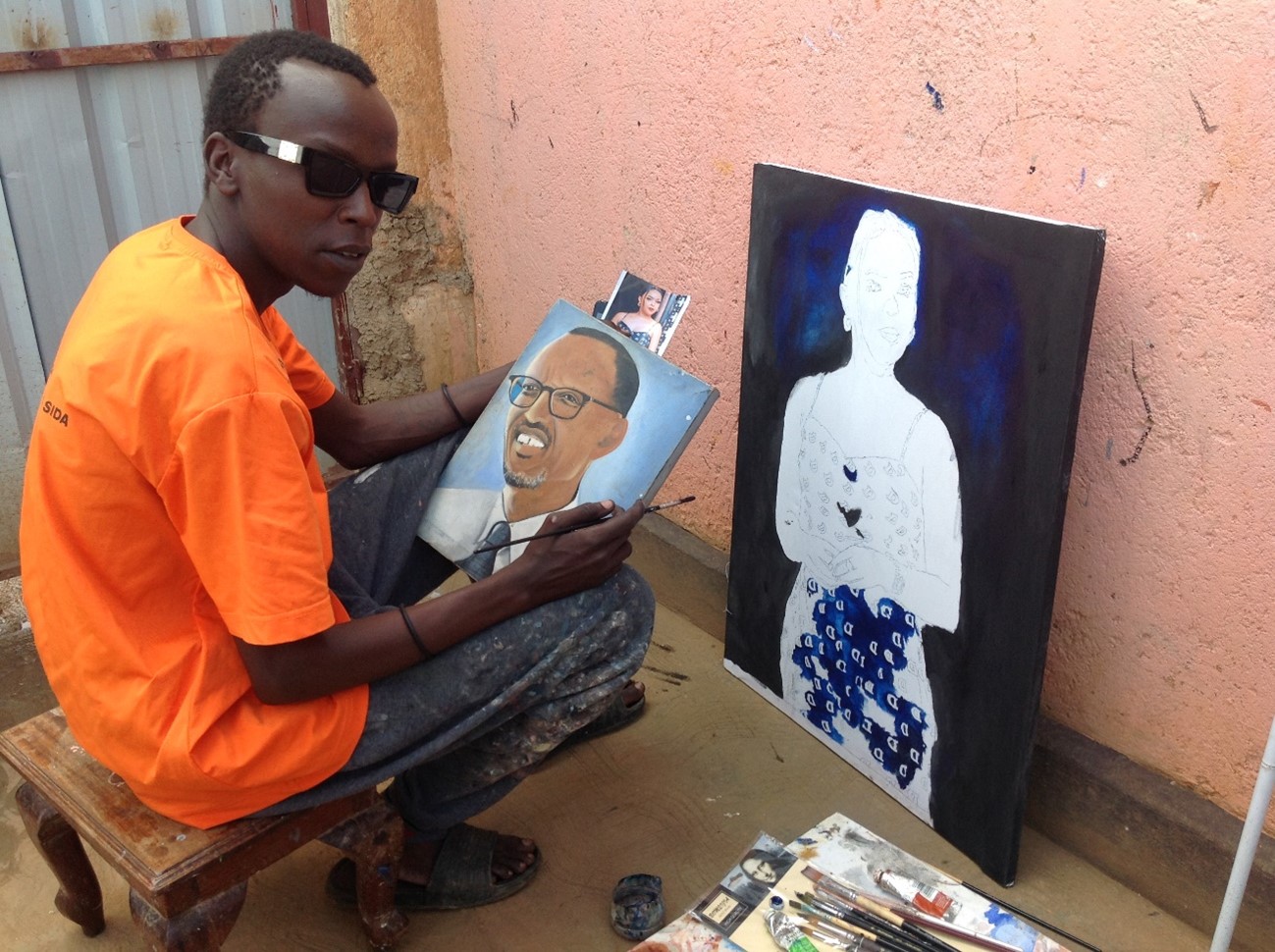
A Life’s Work
After losing his sight, artist Jean de Dieu Uwikunda found new ways to create, using a flashlight at night to outline objects and distinguishing colors by their scents. His story, along with that of DeafBlind sports coach Jean Marie Furaha, is rare in Rwanda. While over 446,000 Rwandans have disabilities, a 2019 study found that only 52 percent of working-age disabled adults were employed, compared to 71 percent of their non-disabled counterparts.
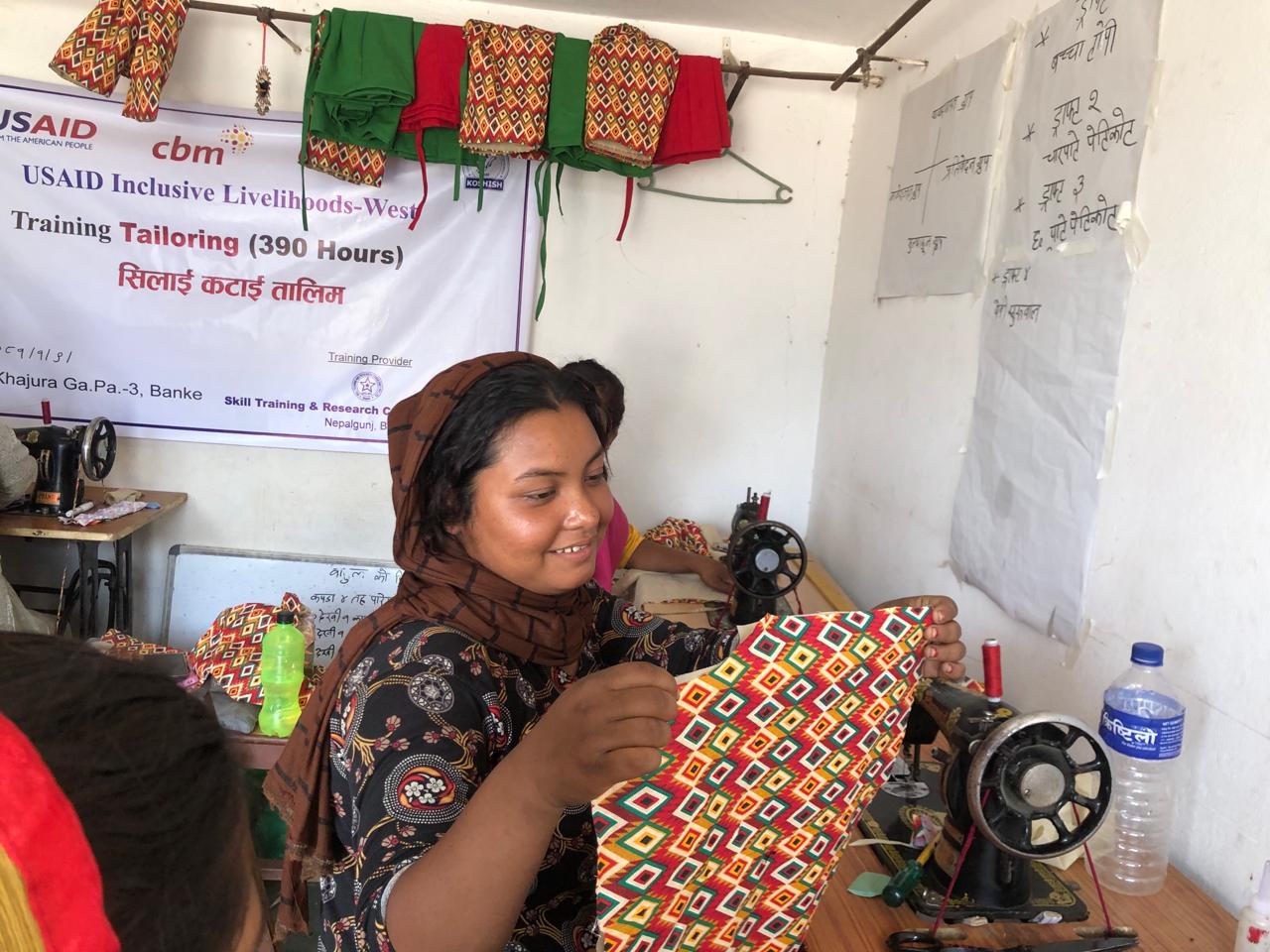
‘I Won’t Give Up My Rights Anymore’
After a life-altering accident, Lakshmi Lohar struggled with fear and stigma in her rural Nepalese community. In 2023, she found a lifeline through KOSHISH National Mental Health Self-Help Organization, which helped her develop social connections and access vocational training in tailoring. Today, Lakshmi is reclaiming her independence and shaping a future beyond the limitations once placed on her. “I won’t give up my rights anymore,” she says, “just like I learned in the meetings.”

Rwanda’s Marburg Crisis
As Rwanda confronts its first-ever Marburg virus outbreak, people with disabilities face heightened risks — not only from the virus but also from the lack of accessible health information. “Without proper accommodations, such as sign language interpreters, captions, Braille, or visual aids, the Deaf and DeafBlind community may miss crucial information about how to protect themselves, symptoms to watch for, or where to seek help in case of infection,” says Joseph Musabyimana, executive director of the Rwanda Organization of Persons with Deaf Blindness.
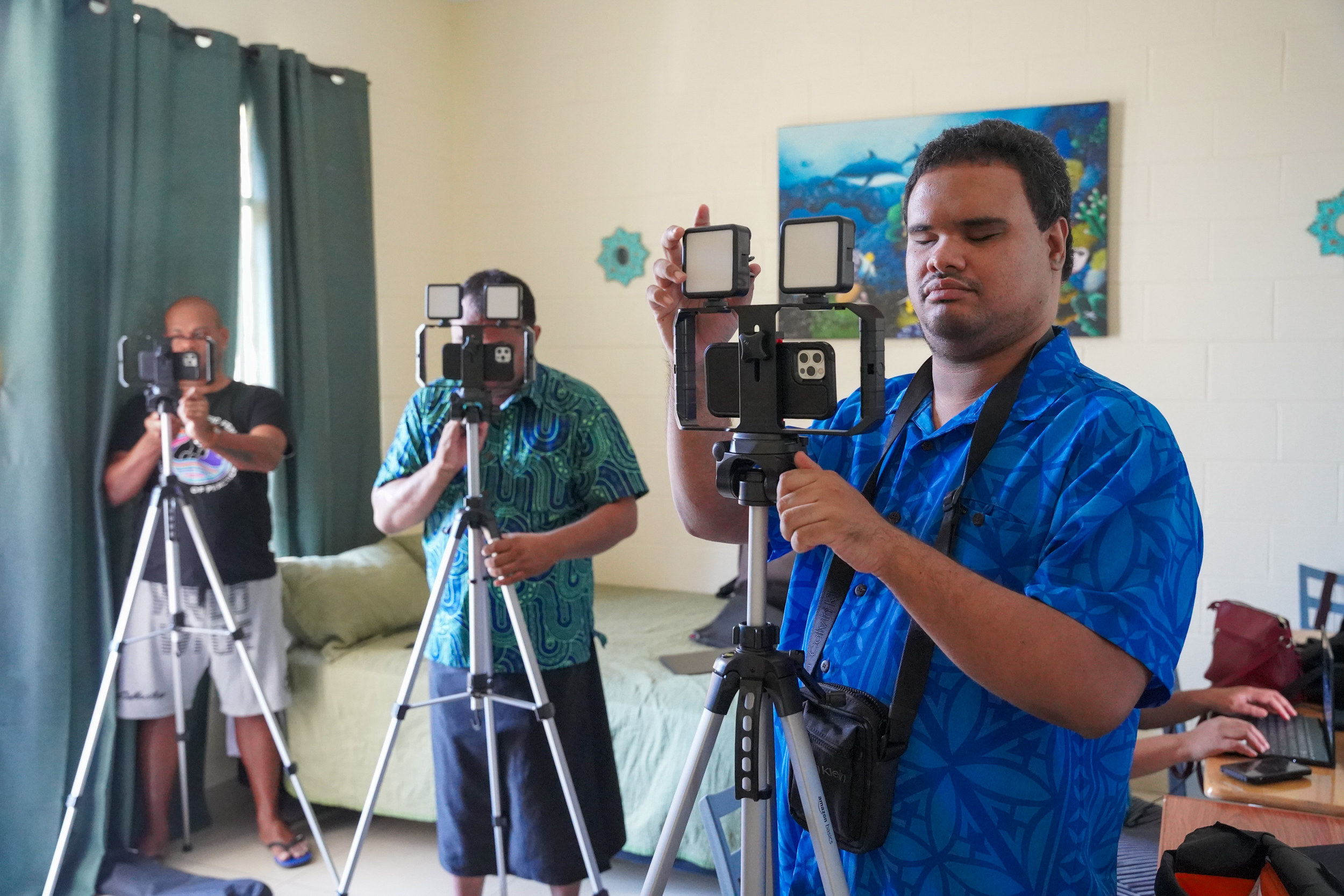
Capturing Vision Through Sound and Touch
Last year, the DJP trained Indigenous activists with disabilities from the Pacific on the iPhone camera to create a documentary series on disability and climate change. With VoiceOver, the iPhone provides image descriptions for blind and low-vision filmmakers and offers other accessible features. “If you think about it, it doesn’t make sense for a blind person to use a camera,” says DJP filmmaker Ari Hazelman. “The iPhone gives you more avenues to tell your story in a more profound way as a blind person.”